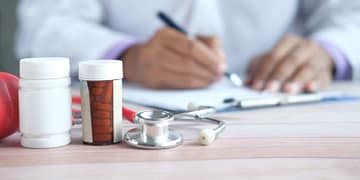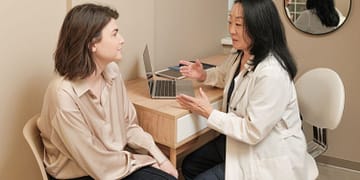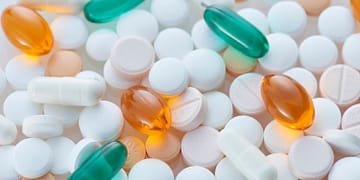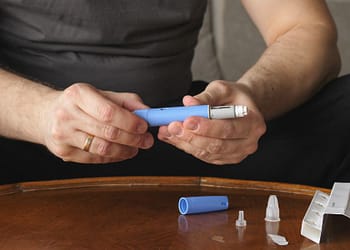The WHO warns of counterfeit IMFINZI (durvalumab) products found in unregulated supply chains. Their use could be ineffective or even fatal.
The World Health Organization (WHO) has issued a critical alert regarding the detection of counterfeit IMFINZI (durvalumab) injection 500 mg/10 ml. This product was found in unregulated supply chains in Armenia, Lebanon and Türkiye. The alert was published on 23 December 2024 following confirmation of counterfeits in November this year.
Features of counterfeit product
The counterfeit product has notable differences in its labelling and design. The WHO highlights the following irregularities to help it be recognised:
- The dates and lot numbers do not match the genuine lot identified as BAVX (manufactured in October 2021 and expired in September 2024).
- The 2D date code appears in the center of the box, when it should be in the upper right corner.
- The printing of the batch number and dates is completely black, instead of black and white.
- The rectangle indicating the concentration of the drug is dark green, not light green like the original.
- The metal cap of the vial is wrinkled, which does not happen in genuine products.
These signs make it possible to identify the counterfeit product and prevent its use.
Health risks
Counterfeit IMFINZI vials do not contain the active substance durvalumab, a monoclonal antibody used to treat non-small cell lung cancer in adults. Therefore, the use of these products may be ineffective or even fatal in certain cases.
WHO warns that treatments with these counterfeit products can delay recovery or be completely ineffective, putting patients' lives at serious risk.
WHO Recommendations
WHO urgently calls on health professionals, regulators and patients to step up vigilance and take immediate action:
- For health professionals: Report any adverse effects, lack of efficacy or suspicion of falsification to the national regulatory body.
- For health authorities: Intensify monitoring of supply chains and informal markets in affected regions.
- For patients: Avoid using suspicious products. If you have already used them or experienced adverse reactions, consult a doctor or poison control center immediately.
Call for collaboration
WHO urges all those involved to purchase medical products only from authorised and trusted suppliers. Any information on the manufacture or distribution of this falsified product should be sent to rapidalert@who.int.
This collective effort is essential to ensure the safety of medical treatments and protect the health of patients.






